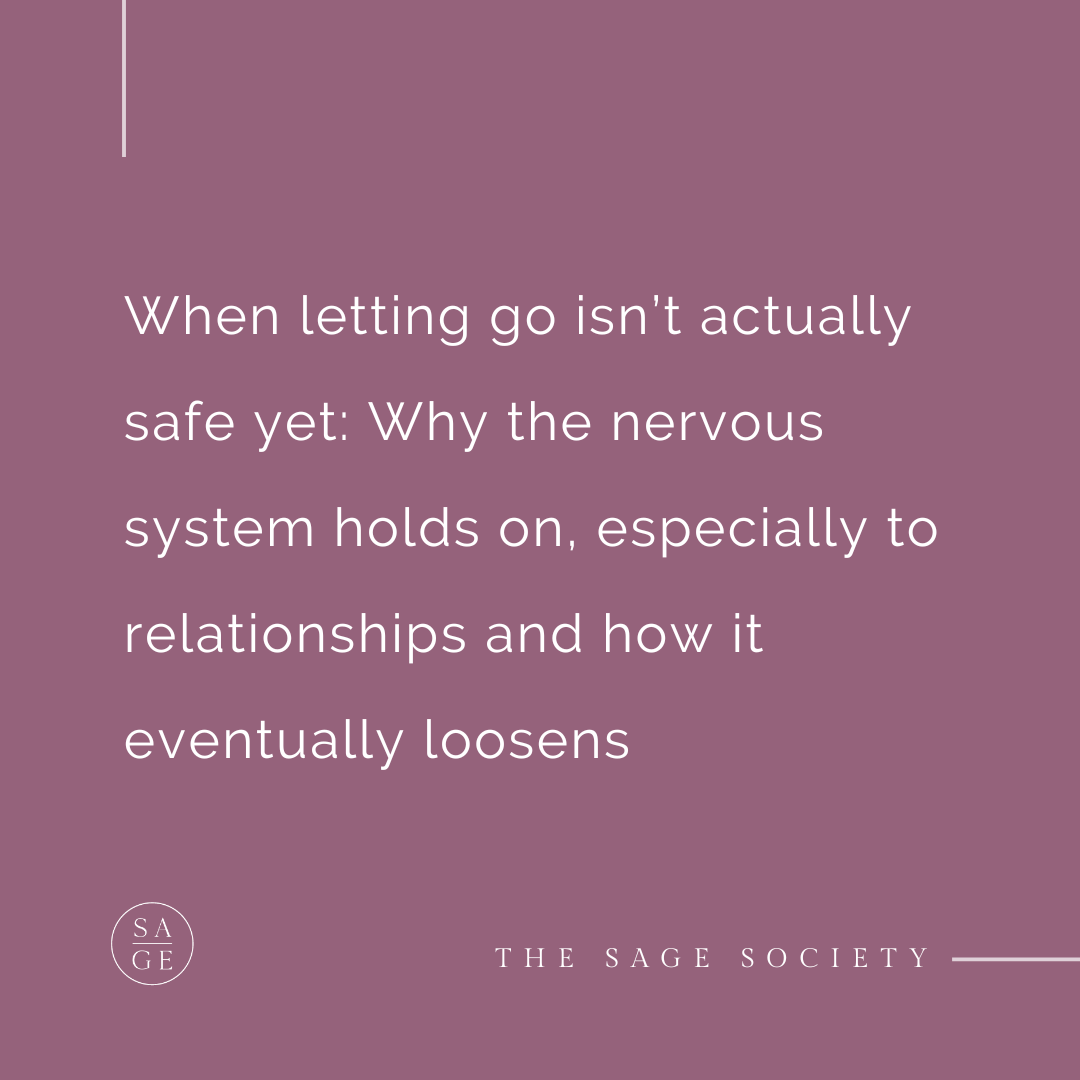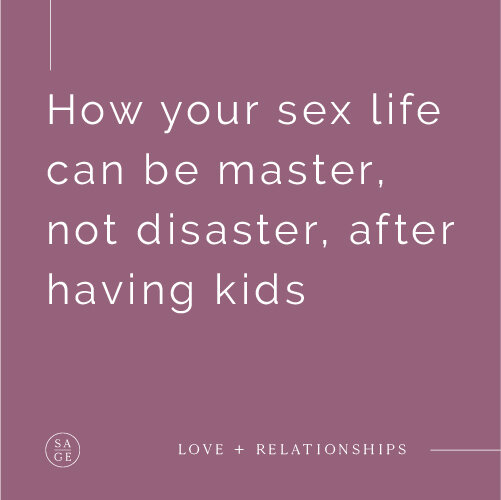Can your relationship survive infidelity?
This question has always intrigued me — can your relationship survive infidelity? What constitutes as infidelity in your relationship? Whether it be emotional or sexual, infidelity is likely to cause feelings of intense rage, hurt, betrayal and jealousy and with these hard hits of strong emotion come the inevitable questions: should you leave or attempt to repair the damage? Can your relationship ever recover? Will it ever be the same? Can you ever trust them again? One thing is for sure, finding your way back to one another will be a slow and, at times, agonizing process.
What do the stats tell us?
We know from research that emotional affairs are more common than sexual affairs and that women are more likely to be hurt by emotional infidelity, whilst men are more hurt when the infidelity is sexual. In a study where 64,000 people were questioned, researchers discovered that more than 50 percent of heterosexual men would rather their partner to fall in love with another man than have a sexual affair, whereas only 35 percent of women felt the same way.
Unsurprisingly, the data on the prevalence of infidelity is a little hard to measure but researchers do know that the rates vary based on nationality and culture. For example, researchers found that 59 percent of Italian men and 35 percent of Italian women admitted to infidelity at least once, whereas almost half of British men and 20 percent of British women state that they have been unfaithful in their relationship. In Australia, research conducted by Relationships Australia discovered that the most common cause for infidelity by women was emotional dissatisfaction, whereas for Aussie men, it was sexual. The study also discovered that affluent women are 8 percent more likely to be unfaithful than middle class partners, whereas the prevalence of infidelity for men did not change based on income. Perhaps the most interesting statistic of all is that people who are unfaithful in one relationship are three times more likely to do so in their next one!
Thankfully, Dr John Gottman is here to help with three questions you should ask yourself to help determine whether you should stay or go…
1 | Would you want to be committed to your partner if you trust them again?
This question is really trying to gage how much admiration and respect is left in the relationship.
2 | Have you let go of your anger and resentment about your partner’s betrayal and are you able to move forward?
Think of it this way - can you imagine yourself ever feeling happy or wanting to be intimate in your relationship again?
3 | Can you forgive your partner for their actions?
This question isn’t about condoning your partners actions, but about whether you can get to a point where their actions do not hold power over you and the relationship. Forgiveness is an essential ingredient in surviving and recovering from infidelity, so this is a question you really need to spend time on.
These are very heavy and hard questions to ask, but if you have answered ‘no’ to one or more of those questions, that is telling you more than you might like to admit. Not all relationships can survive infidelity but being honest with yourself about your next steps is crucial in your own healing process.
You’ve decided to stay, what now?
If you’ve decided to see if your relationship can recover from your partners betrayal there are three phases to help you recommit to a healthy, trusting and loving relationship. This system is developed by John Gottman and his decades of research —it is called, the ‘Gottman Trust Revival Method’.
Phase 1: Atone
The first thing that needs to happen is that the partner who was unfaithful needs to express remorse. They need to take 100 percent of the blame for their actions. Dr Gottman purports that rebuilding a relationship after infidelity is NOT possible without this step. He states, “the wounded partner will feel the stirrings of new faith only after multiple proofs of trustworthiness. Atonement cannot occur if the cheater insists that the victim take partial blame for the affair”.
More than this, the unfaithful partner needs to understand their partner’s feelings and accept responsibility without defensiveness. John Gottman recommends honesty and full disclosure — and even though this may be extremely painful, it allows for transparency, vulnerability and verification.
Part of atonement also involves couples uncovering and honestly confronting the issues that lead to the infidelity in the first place. This honest awakening is one of the best ways to regain trust and intimacy.
The other important step in this phase is that the person who was unfaithful must put an end to the affair and cut off ALL contact with this person. This ‘no second chance’ rule may seem harsh or even difficult to achieve but it’s a major disincentive for straying again and for helping your partner to feel more safe within the relationship.
Phase 2: Attune
The second phase, attunement, is only possible when the couple is ready to forge ahead with forgiveness and rebuild their relationship without blaming the faithful partner. Another critical part of this phase is the couple learning how to manage conflict together and for the unfaithful partner to commit to making the relationship a priority.
As part of this new commitment to one another, Dr Gottman recommends that the couple is public with this re-commitment, informing the people nearest and dearest to them. This announcement will help to establish this ‘new’ relationship as real and hopefully the couple is supported by a network of family and friends.
Phase 3: Attach
The final phase in Gottman’s model is about being willing to reconnect with your partner and that involves physical reconnection as well as emotional. If a couple is committed and determined to stay together, the ability to attune to one another must reach the bedroom. Dr Gottman states, “without the presence of sexual intimacy that is pleasurable to both, the relationship can’t begin again”.
Recovering from and surviving infidelity is complex and almost always will require an experienced couples’ therapist. Rebuilding trust, expressing hurt feelings and reforming an emotional connection is challenging. Remember that this is achievable but it will take time for those deep and distressing wounds to heal. If they do though, you could end up with a relationship that is stronger and more loving than ever.











